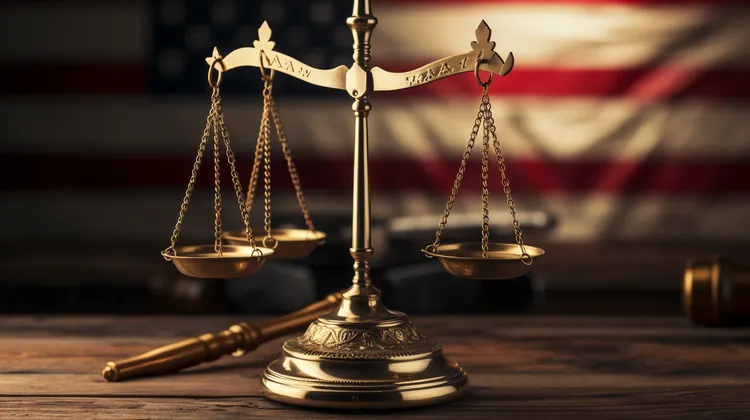Binance, a leading global cryptocurrency exchange, has recently been embroiled in a legal tussle with the United States Securities and Exchange Commission (SEC). The crux of the dispute lies in the SEC’s reference to Binance’s previous settlements with the Department of Justice (DOJ) and the Financial Crimes Enforcement Network (FinCEN) as part of their ongoing case. Binance argues that this move by the SEC is an improper use of past agreements that have been resolved and should not be used to influence the outcome of the current litigation.
At the core of the SEC’s argument is the allegation that Binance has been operating in a manner that violates existing securities laws. The SEC has been paying close attention to cryptocurrency exchanges and other entities as it seeks to extend its regulatory reach into the burgeoning crypto market. Binance, as one of the largest crypto platforms in the world, has found itself in the agency’s crosshairs.
Binance, in response, has firmly pushed back against the SEC’s allegations. The company emphasizes that it has worked collaboratively with U.S. regulators, including the DOJ and FinCEN, to ensure compliance with the law. Binance maintains that its previous settlements were executed in good faith to address and rectify past compliance issues, which they had proactively resolved well before the SEC initiated its current lawsuit.
The SEC’s use of prior settlements—particularly ones that do not relate to the allegations at hand—is seen by Binance as an attempt to sully its reputation and influence the current litigation process. From Binance’s perspective, the SEC’s approach seems to embrace a “guilty until proven innocent” stance, which violates principles of fair legal practices. Binance argues that each regulatory breach or inquiry should be considered on its facts and merits, separately from past issues that have already been dealt with appropriately.
Legal experts have weighed in on the dispute, with opinions divided on the SEC’s strategy. Some believe that the SEC is well within its rights to use any related prior compliance incidents to build its case, while others argue that there is a need to differentiate between distinct regulatory issues. Regardless of this divergence in opinion, the SEC’s actions highlight the complexity of assessing the regulatory compliance of cryptocurrency operations, especially for multinational companies like Binance.
Also at stake are broader implications for the crypto industry. If the SEC were to be successful in its legal pursuit using such controversial techniques, it could set a precedent for how future cryptocurrency-related cases are handled. This could lead to a chilling effect on the operation of crypto enterprises within U.S. jurisdiction, as they navigate an increasingly unclear regulatory landscape.
Binance has been clear that it does not take its conflict with the SEC lightly, particularly given the implications for its customer base and the crypto market at large. The company’s executives and legal team continue to advocate for a balanced approach that promotes innovation in the crypto sector while also ensuring that customer protection and compliance with regulations are prioritized.
In the volatile world of cryptocurrency, legal outcomes can have immediate and significant impacts on markets and investor confidence. Binance’s ongoing legal battle is emblematic of a larger clash between the burgeoning crypto industry and traditional regulatory frameworks that are still catching up to the digital asset space.
The resolution of this dispute could take time, as both sides prepare to present their arguments and defend their stances. The eventual outcome may have far-reaching effects not only for Binance and the SEC but for the entire structure of cryptocurrency regulation in the U.S. and potentially globally. The crypto community is closely watching this case, understanding that the path forged by Binance’s legal dealings will likely be one that many other industry players will follow.
As the situation unfolds, transparency and dialogue between the crypto industry and regulatory bodies such as the SEC must be encouraged. Only through open communication and cooperation can regulatory challenges be faced and an environment fostered that is both innovative and secure for investors and consumers alike. As for Binance, its dispute over the SEC’s use of its DOJ and FinCEN settlements is heating up, with the industry looking on to see how this important legal battle will help define the future of crypto regulation.



